10 Importance of Gardening for Sustainable Living
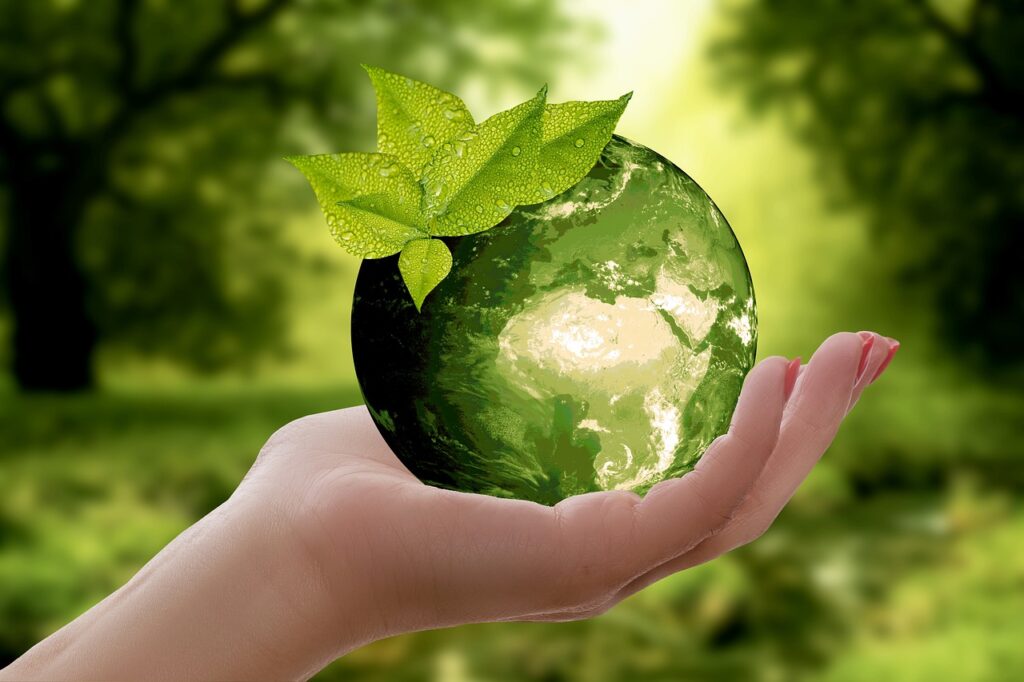
Today, our planet is facing serious challenges like pollution, climate change, and limited natural resources. Because of this, sustainable living has become more important than ever. The importance of gardening lies in the fact that it is one of the easiest and most effective ways to care for the Earth. Even a few plants on your balcony or terrace can create a positive environmental impact.
Working with eco-friendly brands and green businesses has shown me the real Importance of Gardening beyond growing plants. Gardening helps reduce waste, saves water, improves soil health, and encourages a healthier lifestyle. It teaches us to respect nature and use resources wisely, including food scraps and rainwater.
In this blog, you’ll learn 10 simple yet powerful reasons that explain the importance of gardening for a better life and a greener planet. You’ll also discover easy, eco-friendly gardening tips suitable for city homes, villages, and everywhere in between. Let’s get started!
1. Gardening Helps Reduce Air Pollution
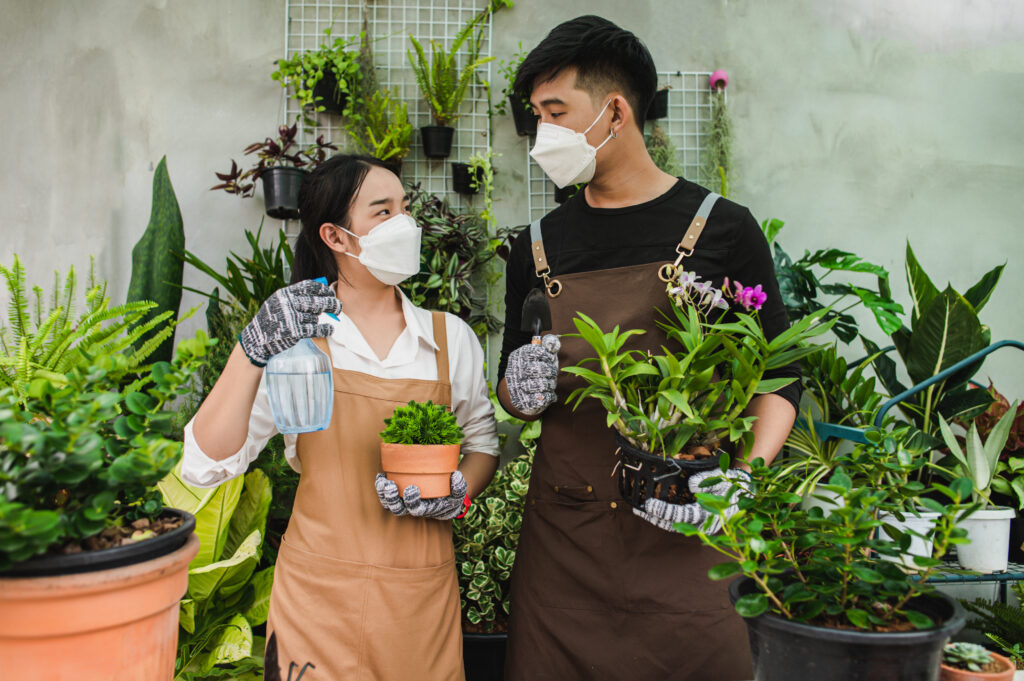
When you grow your own fruits, vegetables, or herbs at home, you help the planet. Big farms use trucks, plastic packaging, and chemicals to send food to stores, which pollutes the air. But when you grow food at home, it doesn’t need to travel. No trucks, no plastic—just fresh food from your garden.
If you also use things like compost (made from kitchen waste), plant local species, and use simple hand tools, you help the environment even more. Plants in your garden clean the air by taking in carbon dioxide and giving out oxygen. So, your garden helps you and the planet breathe better.
2. Gardening Means Healthier, Chemical-Free Food
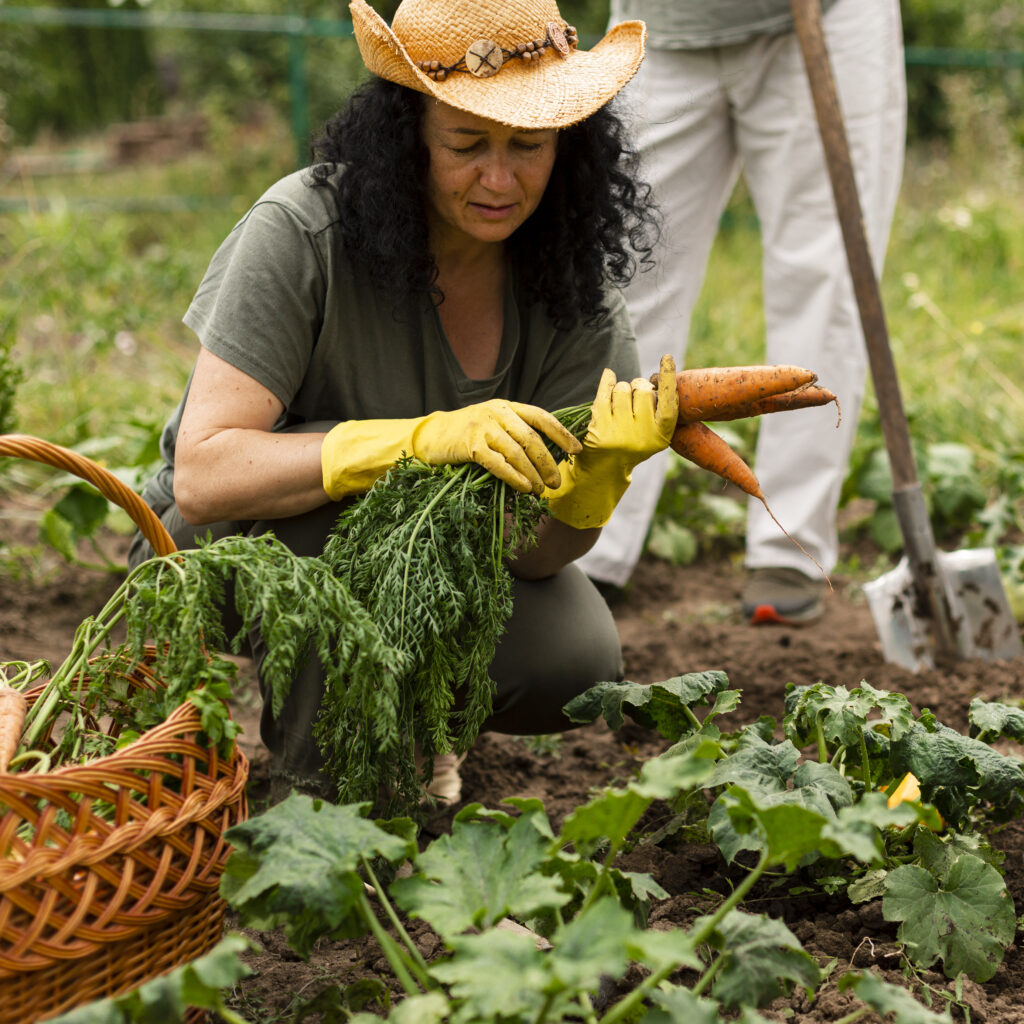
When you garden, you decide what goes into your soil and onto your plants. You don’t need harmful sprays or fake fertilizers. That means your food is safer to eat—not just for you, but also for bees and butterflies.
Using compost, natural pest control like neem oil, and smart planting methods keeps your garden healthy and chemical-free.
3. Saves Water and Uses It Wisely
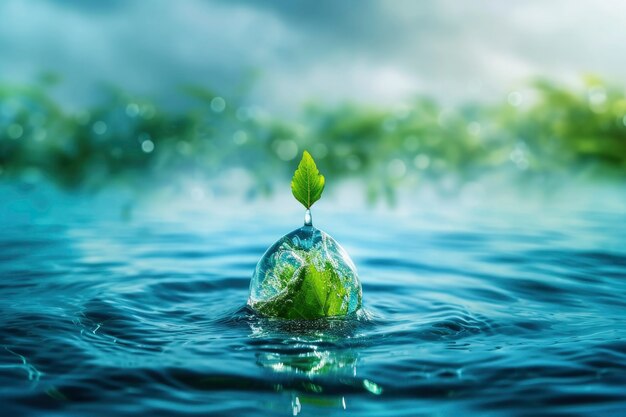
Water is precious, and gardening teaches you how to save it. Instead of pouring water all over, smart methods like drip watering, collecting rainwater, and using mulch help reduce waste.
You can also grow local or drought-resistant plants that need less water. This way, your garden stays green while saving water too.
4. Makes Soil Healthy Again
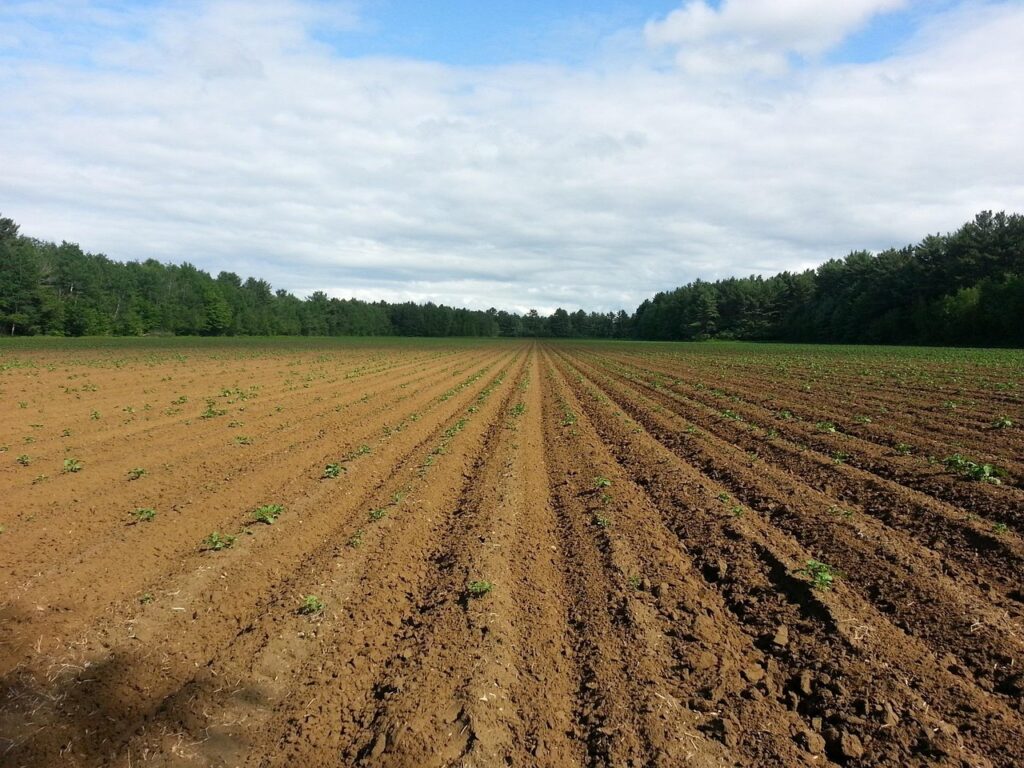
Soil isn’t just “dirt”—it’s full of life. Good soil helps plants grow well. Gardening makes the soil better by reducing erosion and adding natural compost.
By not digging too much, growing cover crops, and avoiding chemicals, you keep the soil strong and rich. Unlike big farms that damage soil with machines and chemicals, your home garden helps nature.
5. Helps Birds, Bees, and Butterflies
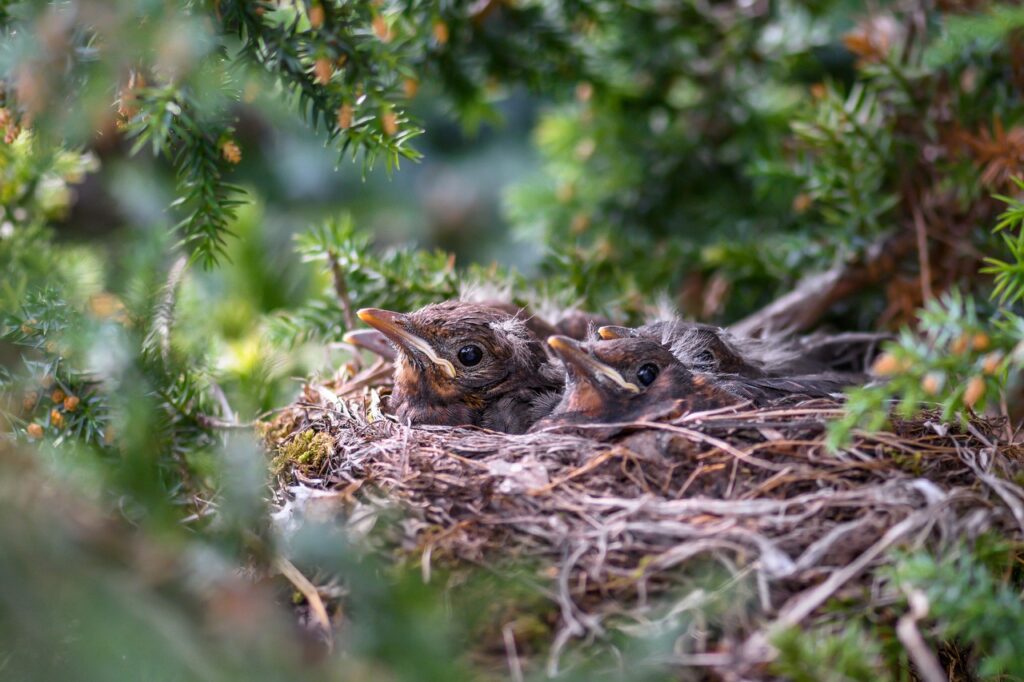
When you grow flowers, vegetables, and trees, your garden becomes a mini home for small creatures. Birds, bees, butterflies, and even earthworms can live and feed there.
If you avoid chemical sprays and plant native flowers, your garden becomes a safe space for them—especially in cities where their natural homes are disappearing.
6. Turns Kitchen Waste into Plant Food
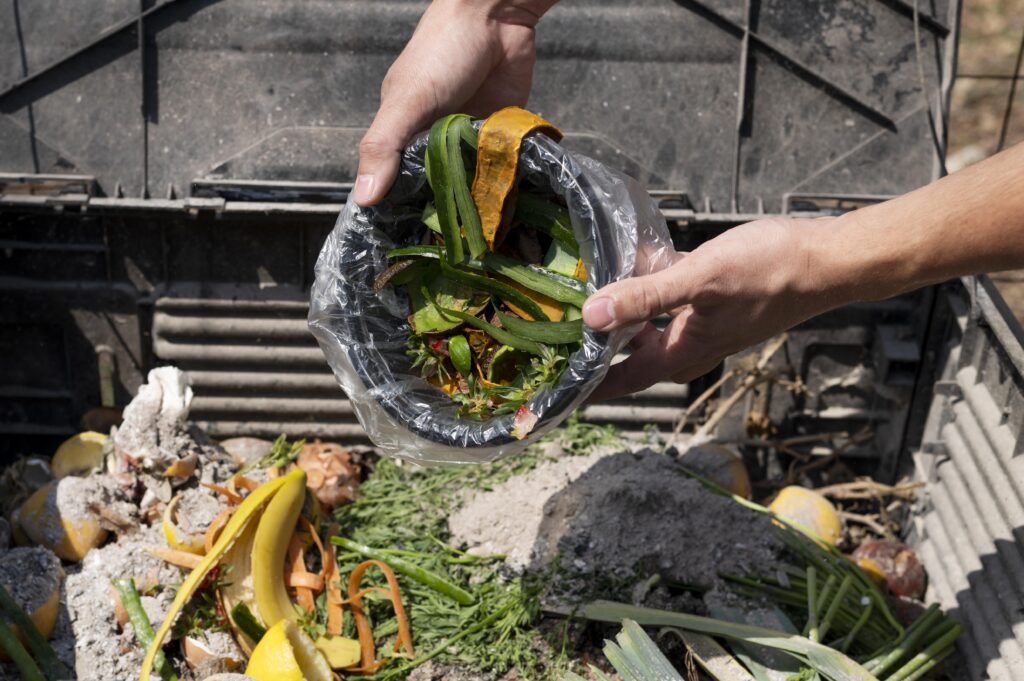
Ever wonder what to do with banana peels, eggshells, or vegetable scraps? Don’t throw them away—turn them into compost! Compost is natural plant food.
It makes plants stronger and stops waste from going to the dump. This also helps reduce harmful gases that hurt the environment. Plus, you save money because you don’t have to buy fertilizers.
7. Keeps Your Body and Mind Healthy
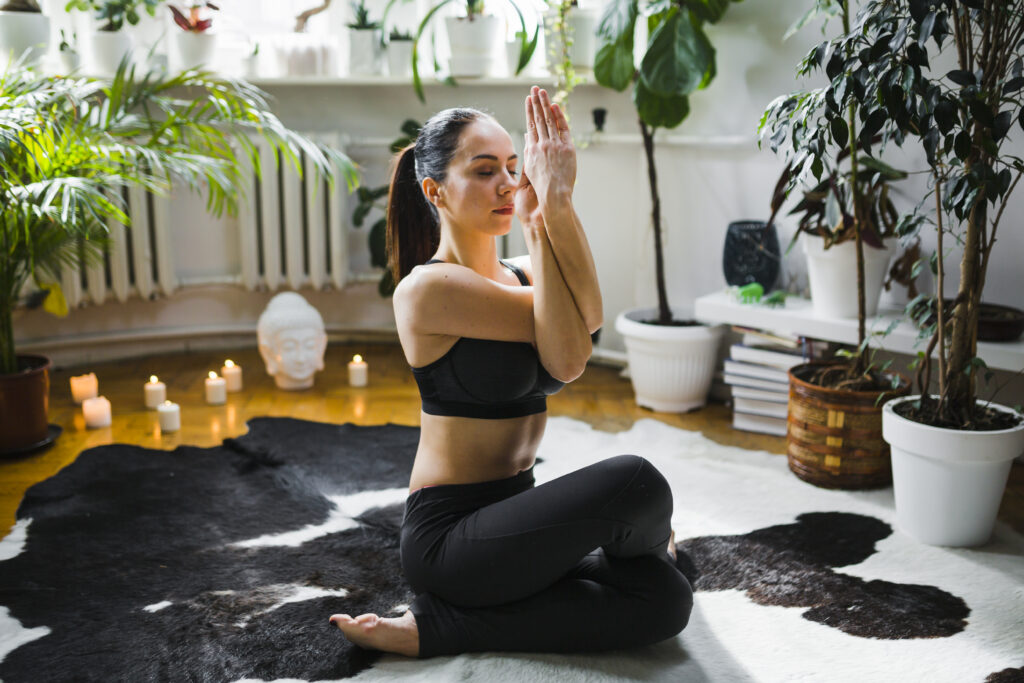
Gardening is great exercise—it gets you moving! But it also helps your mind. Spending time with soil, watering plants, and being in nature can help you feel less stressed or sad.
Gardening teaches you to be patient, calm, and more connected to the seasons and the weather.
8. Gives You Fresh Food and Saves Money
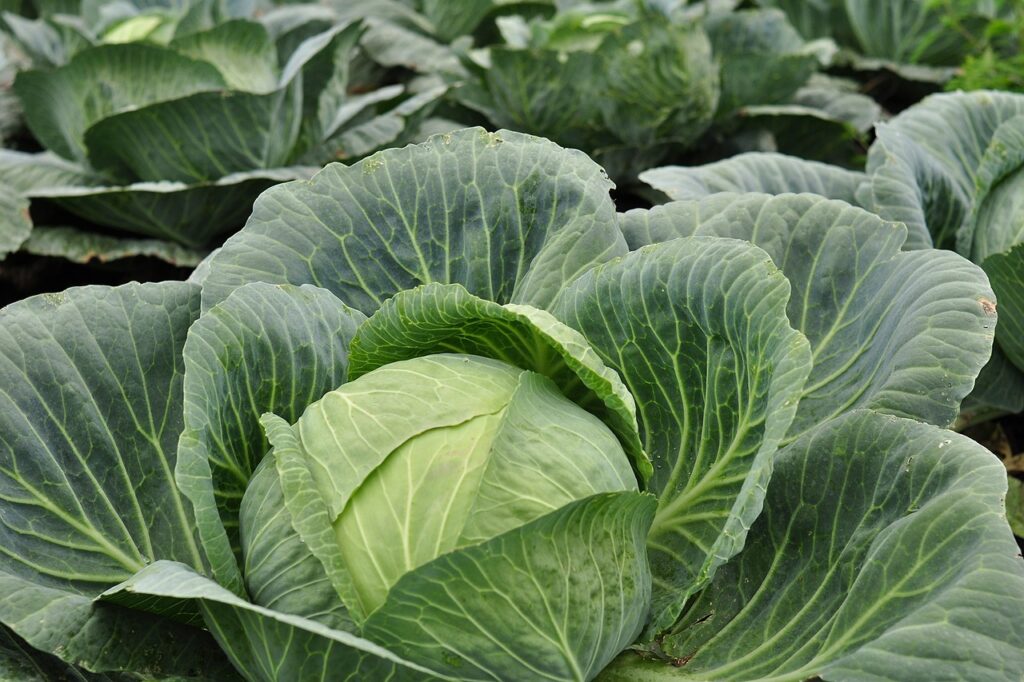
When you grow your own food, you don’t have to rely on supermarkets. Even a few pots of herbs, tomatoes, or chillies on your balcony can help.
You also save money. Seeds, compost from your kitchen waste, and collected rainwater can keep your garden going without spending much. And during emergencies, like during COVID-19, growing food at home keeps you prepared.
9. Teaches Children About Nature and Life
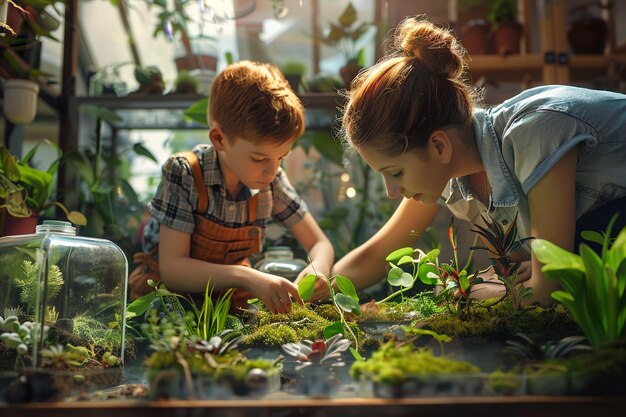
Gardening is a great way for kids to learn. They understand where food comes from, how plants grow, and why we must care for the Earth.
When children compost, plant seeds, or water plants, they learn responsibility and love for nature—while having fun in the mud.
10. Shows That Everything in Nature Is Connected
Gardening teaches a powerful lesson: nothing in nature goes to waste. Kitchen scraps become compost. Compost helps plants grow. Plants give food. Food waste becomes compost again.
This cycle is the heart of sustainable living. When you garden, you also start to reduce plastic use, shop local, and care more about the planet. Gardening is often the first step to living a more eco-friendly life.
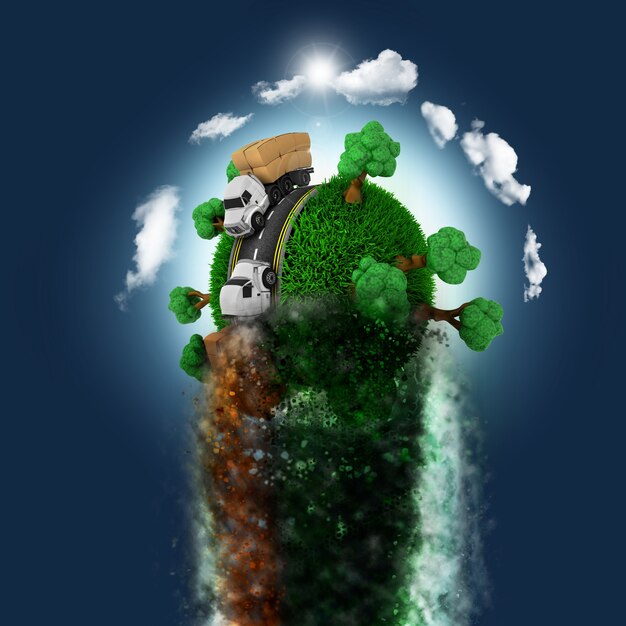
Green Roots, Greener Future
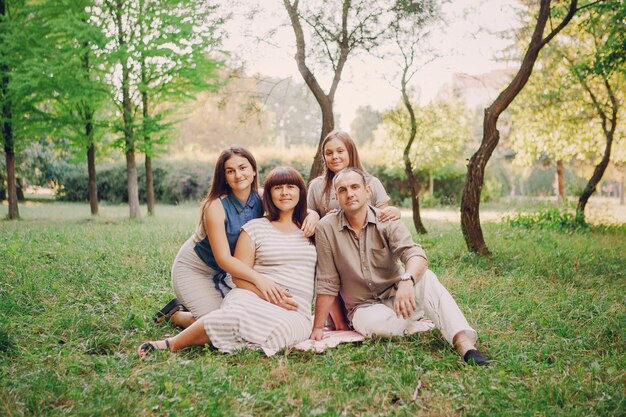
Today, we face many big problems like climate change, air pollution, and fewer green spaces in cities. But the solution can start with something small—planting a garden. That’s what “Green Roots, Greener Future” means. When we plant even one small seed, we are not just growing a plant—we are helping the Earth and learning how to live in a better, kinder way.
Gardening helps make the world greener. It brings back birds and insects (biodiversity), cuts down pollution, saves water, and helps us use things wisely instead of wasting them. Whether you grow flowers on your balcony or herbs near your window, each plant you care for makes a difference.
When we garden, we also learn to slow down and care more about nature. We use natural methods like compost, rainwater, and organic fertilizers instead of harmful chemicals. This helps keep the soil, water, and air clean.
Gardening also changes how we think. It helps us become more responsible and makes our homes eco-friendly. If more people start gardening, our cities will become greener and healthier.
So, a greener future doesn’t need to start with big changes. It can begin with you—by planting just one seed and caring for it. That little green root can grow into a better tomorrow.
Grow Smart, Live Green
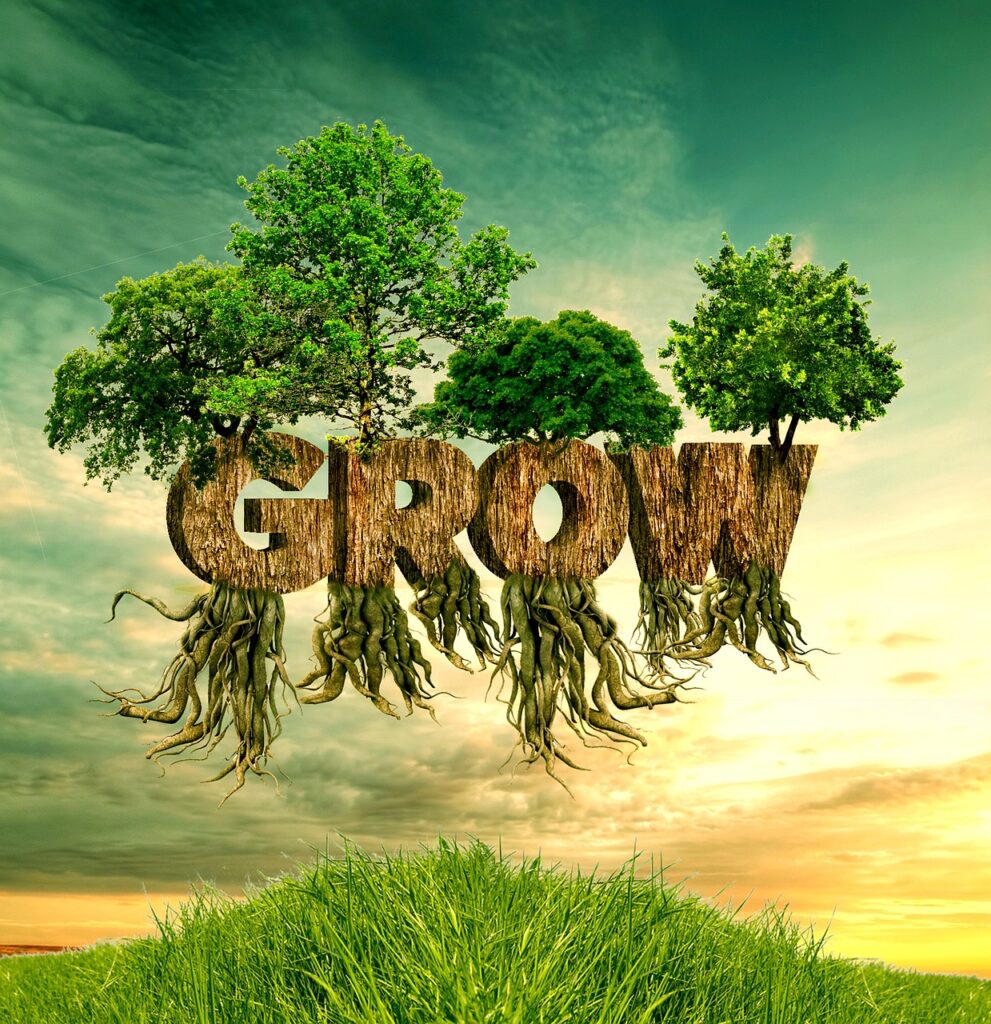
In today’s busy city life, the idea of “Grow Smart, Live Green” shows us how to live better—by being smart, careful, and kind to nature. Gardening is not just about planting pretty flowers. It’s a smart way to live healthy and help the Earth at the same time. When you grow your own vegetables, herbs, or even a few plants, you control what you eat and reduce harm to the environment.
Smart gardening means making simple but smart choices. For example, using natural compost instead of harmful chemicals, saving water with drip systems, and planting local plants that grow well in your area. These small changes help save water, reduce waste, and protect animals and insects that live in nature.
Even if you only have a small space like a balcony or rooftop, you can still garden in a smart way. You don’t need a big garden or fancy tools.
Living green doesn’t mean you have to give up everything. It just means making better choices that are good for you and the Earth. Gardening can help you save money, breathe fresher air, and feel more peaceful. So when you grow smart, you help create a cleaner, greener world for the future.
Plant Today, Save Tomorrow
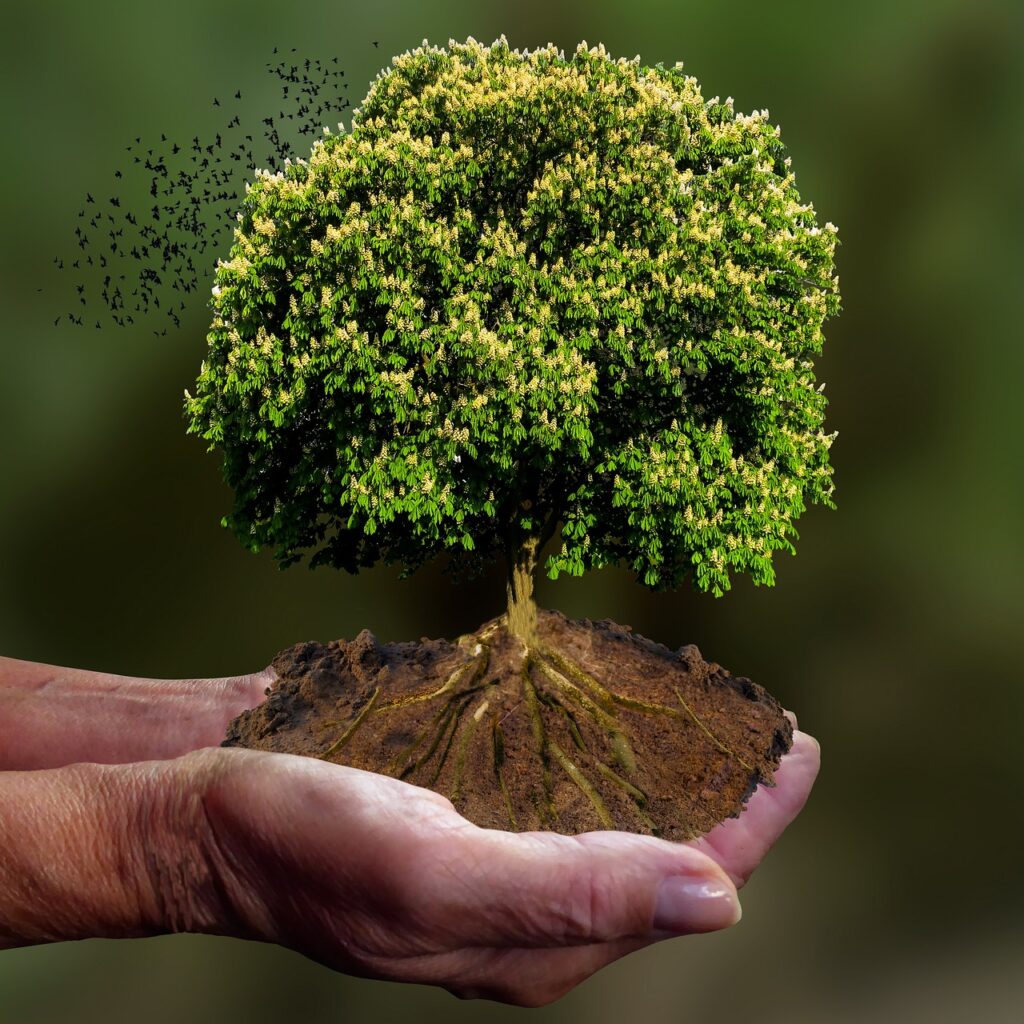
The choices we make now will affect how the world looks in the future. One easy but powerful way to help is by planting something today. That’s what “Plant Today, Save Tomorrow” means—if we start small now, we can make a big difference later. Whether it’s a tree, a few vegetables, some herbs, or even a small plant in a pot, every plant helps make the Earth healthier.
When we grow our own food, we don’t need to buy food that’s been shipped in trucks or packed in plastic. This means less pollution, less waste, and fresher, healthier food for us. Even one plant on your balcony can clean the air, help bees and butterflies, and make your space greener. These little steps are part of sustainable gardening—a smart and eco-friendly way of taking care of nature.
Gardening also teaches us patience and shows us how nature works. It helps families and neighborhoods learn to care for the planet, not just use it. With climate change becoming a big problem, planting something—big or small—is a great way to show hope and take action.
So, plant something today. Even one small leaf can help build a better, greener world for tomorrow.
Sow, Save, Sustain
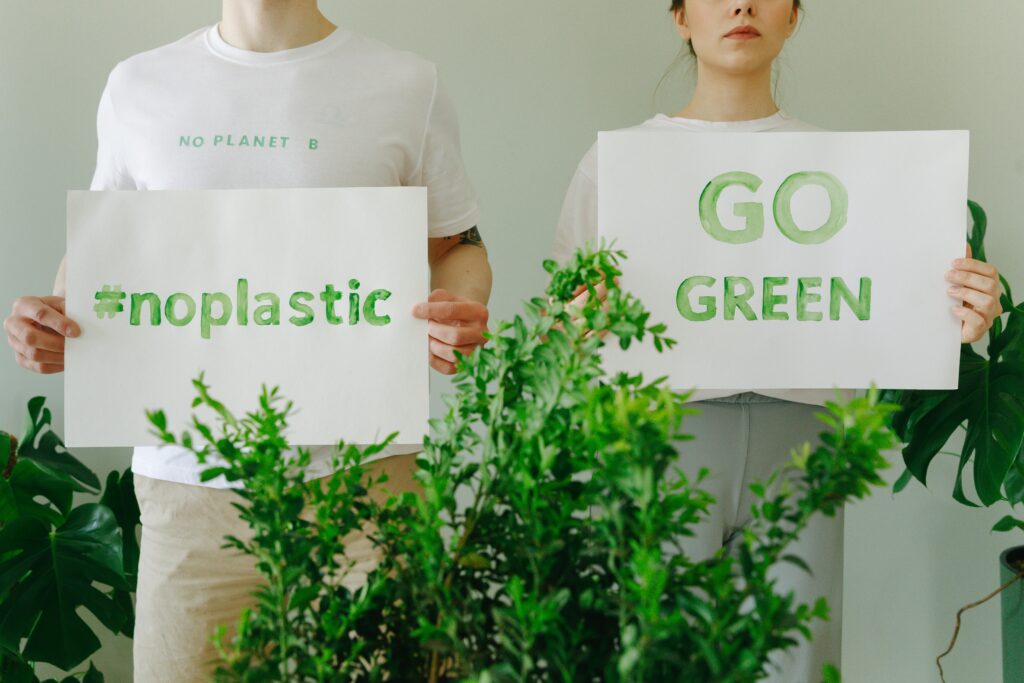
“Sow, Save, Sustain” may sound like a short slogan, but it teaches us something very important about how to live in a better way. When you sow a seed (that means planting it), you’re helping the future. Growing your own fruits or vegetables means you don’t have to depend on big farms that use a lot of chemicals or trucks to deliver food. It’s healthier for you—and better for the Earth.
But it doesn’t stop at planting. When you save seeds, use food scraps to make compost, or reuse things in your garden, you create less garbage. This helps nature and keeps our environment clean. It’s all about living in a way where nothing is wasted. A fallen leaf can turn into compost. A ripe tomato can feed you. A saved seed can grow into next year’s plant.
This way of living—called sustainable living—saves water, reduces pollution, and protects plants, animals, and the air we breathe. When you sow with care, save with a purpose, and keep going, you’re doing something good for yourself and the planet.
So don’t wait. Start with a small seed. Grow it. Reuse what you can. And help make the world a greener place for everyone.
Cultivating Change
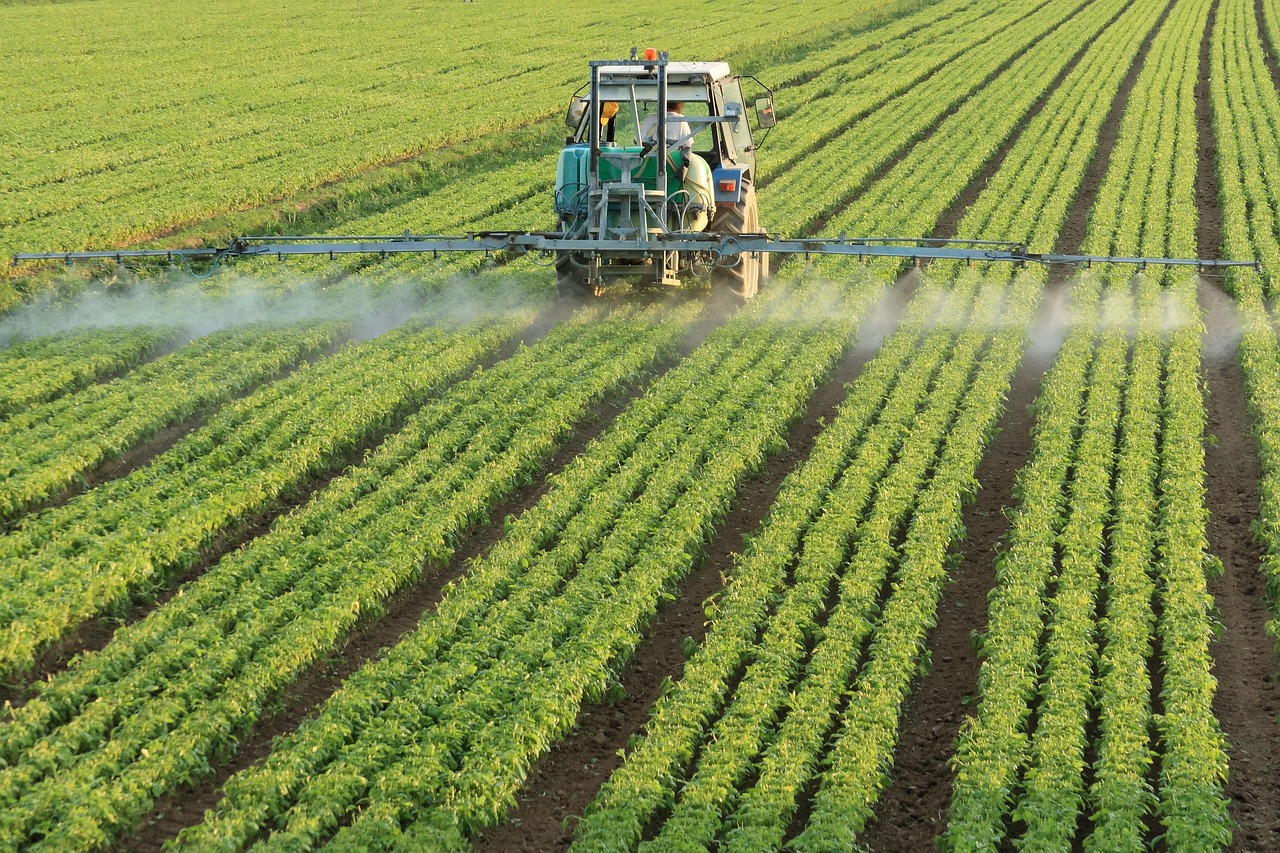
“Cultivating Change” doesn’t just mean growing plants in the soil—it also means growing new ideas and good habits that help the planet. Gardening is a great way to start living in a better, more eco-friendly way. When you grow your own vegetables, use kitchen waste to make compost, and avoid harmful chemicals, you’re not just making your home greener—you’re building a better connection with nature.
Even small things like reusing old pots, saving water, or planting local plants can make a big difference. These simple steps help reduce waste and protect the environment. And when your family and neighbors see what you’re doing, they might be inspired to do the same.
So, cultivating change means growing plants—but also growing your care for the Earth. It teaches us to be more thoughtful, responsible, and patient. Just keep planting, saving, and reusing. That’s how real change begins.
When many people take small steps like this, the world slowly becomes a cleaner, greener, and better place for everyone.
Nature’s Blueprint
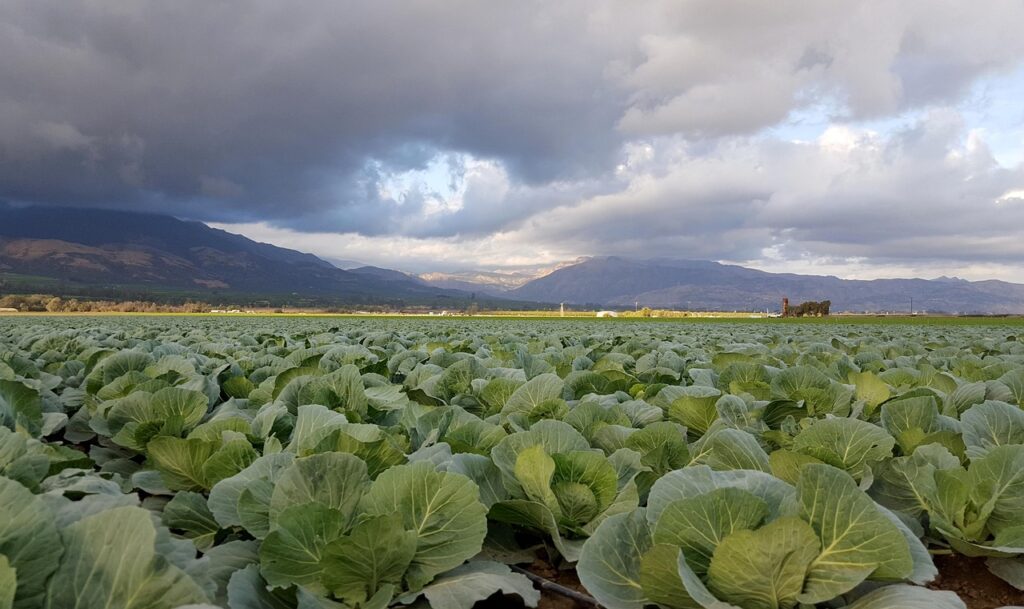
“Nature’s Blueprint” means the smart and beautiful way nature works—where everything has a role and nothing is wasted. For example, trees clean the air by taking in carbon dioxide, and when leaves fall, they break down and help the soil become rich again. Nature shows us how to take care of the Earth in simple and clever ways.
When we garden the way nature does, we help the planet. This means doing things like using food scraps to make compost, growing different plants in different seasons, and not using harmful chemicals. These small steps make our gardens healthier and help nature stay in balance.
Gardening the natural way isn’t about trying to control everything—it’s about working with nature. When we follow nature’s rhythm, we get better soil, cleaner air, and stronger plants and animals.
By paying attention to how nature already solves problems, we learn that the answers we need are already around us—in the soil, the seasons, and the cycles of life.
Easy Tips for Eco-Friendly Gardening
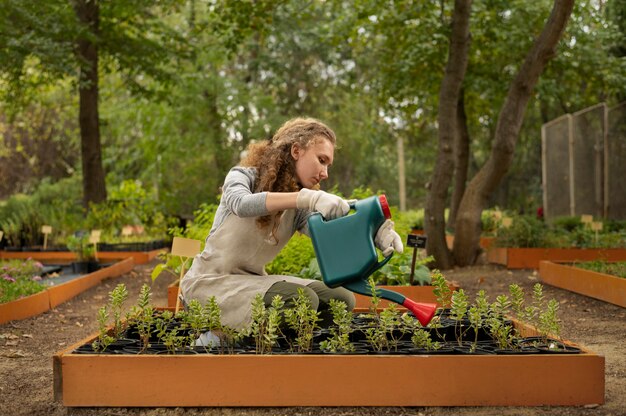
Want to make your garden better for the Earth? Try these simple and smart tips:
- Start composting your kitchen waste. You can use fruit and veggie peels, eggshells, and dry leaves. Just don’t add meat, oily food, or dairy.
- Save rainwater in buckets or tanks. You can use this water to keep your plants happy.
- Use natural sprays like neem oil or garlic water to keep bugs away—instead of harmful chemicals.
- Grow helpful plants together. For example, marigolds planted near tomatoes can stop some pests from coming.
- Choose local plants. These need less water and grow better in your area’s soil.
- Skip chemical fertilizers. Use things like banana peels, cow dung, or earthworm compost (vermicompost) to feed your plants.
- Reuse old items. Turn old buckets, bottles, or boxes into plant pots instead of throwing them away.
Remember: You don’t have to be perfect. Just start small and do your best. Every little step helps the planet.
Conclusion: Grow a Better World, One Plant at a Time

Today, we hear a lot about big problems like climate change, pollution, and not having enough natural resources. It might feel like we can’t do anything. But gardening gives us a simple way to help—and it brings real hope. Starting a garden doesn’t require much—just simple tools and a small space. Just planting spinach on your terrace, herbs on your kitchen window, or even a tree in your nearby park makes a difference.
In my work with eco-friendly brands, I always tell people to not just talk about helping the Earth—but to actually do it. The same goes for all of us. If we want a cleaner, greener world, we have to start with small steps.
Things like using compost from kitchen waste, saving water, and not using chemical fertilizers are easy and smart ways to help nature. These habits don’t just help the planet—they help us too. We get cleaner air, healthier food, and a closer connection to the world around us.
Gardening isn’t only about growing plants. It’s about learning to care for the Earth. It teaches us to be thoughtful, responsible, and hopeful. So plant something today—because even the smallest seed can grow into a better tomorrow.
Frequently Asked Questions About Importance Of Gardening
Q1. Can I do sustainable gardening in a small flat or apartment?
Yes, you can! Even if you live in a small place, you can grow plants in hanging pots, small boxes on your window, or even in vertical gardens (plants that grow upwards on walls). You can also use a small bin, like a Bokashi bin or a worm box, to turn kitchen waste into compost.
Q2. What are some good plants for eco-friendly gardening in India?
You can grow plants like curry leaves, tulsi (holy basil), chillies, coriander, spinach, aloe vera, and lemongrass. These plants are easy to care for, don’t need too much water, and are very useful in the kitchen or for health.
Q3. How often should I water my plants?
It’s best to water your garden early in the morning or in the evening when the sun is not too hot. You can also put dry leaves or straw (called mulch) on the soil to help it stay moist for longer and reduce how often you need to water.
Q4. What’s an easy way to start composting at home?
You can collect things like fruit and vegetable peels, dry leaves, and used tea or coffee grounds in a covered bin. Stir the mix sometimes and keep it slightly wet. In about 4 to 6 weeks, this waste will turn into healthy compost that you can use in your garden.
